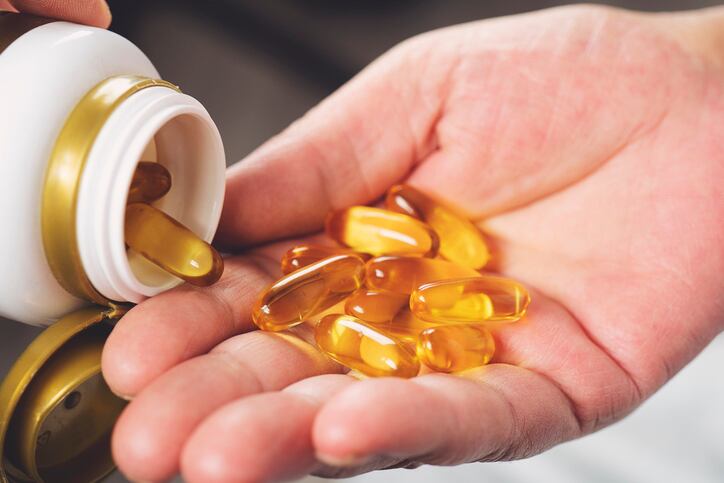With the approval, the PEA ingredient has been added to the Australian Register of Therapeutic Substances and can claim health benefits in the area of joint care and alleviating bodily pains.
The firm will enjoy a two-year exclusivity in Australia for selling of the ingredient, until Dec 2021.
The ingredient is commercially available under the tradename Levagen and Levagen+. The former is a standard PEA, while the latter is the cold water dispersible and bioavailable form of Levagen developed by Gencor’s sister company Pharmako Biotechnologies.
Finished products containing the firm’s ingredient will be officially available in Australia during Q1 this year.
Speaking to NutraIngredients-Asia, CEO of Gencor, R.V. Venkatesh, said the TGA approval, being regarded as the gold standard in the industry, would help the firm sell the ingredient to more APAC markets.
“The approval adds a higher level of validation and reputation in the APAC market,” Venkatesh said.
Besides Australia, the firm’s PEA ingredient will also be featured in India’s consumer markets, having secured ingredient registration with the FSSAI late last year.
Other than the two major markets, the firm is working on registration in Malaysia, Korea, Japan, Thailand and Vietnam.
“Now that we have the TGA approval, that will help us form the basic document for the different markets. We are working on tailoring our dossier for each country to suit the requirement of that country.”
At present, the ingredients are already sold in the consumers’ market in the US, Canada, and Europe.
Strategies for Australia
In Australia, Venkatesh said the firm would engage players from the three key sectors, namely retail, practitioners, and the direct-selling firms.
This is to help partners from different sectors to provide a unique formula for their products.
“What we are doing is that each partner will have its niche, they will only sell in that segment. So, for each partner, we are working with them for different presentations, formulations, dosages and segments.
“At the end of the day, if we have five people launching the product competing with each other, then we will be competing with our products.”
Product formulation
Within Australia, the upcoming new launches are only using the higher bioavailable Levagen+.
Venkatesh pointed out that Levagen+, being cold water dispersible, makes it suitable for use in different product formats, such as ready-to-drink mixes and shots.
Citing an example of a US client, he said that the firm added Levagen+ in post workout formulas containing BCAAs. Doing so allows BCAA to homogeneously disperse in water.
The same firm also used Levagen with fish oil in a single capsule for a joint care product.
He said that the upcoming launches in Australia would come in multiple delivery systems, including powder and capsules.
Clinical studies
The firm is already conducting four clinical studies. It is expected to embark on a fifth study soon. All the studies focus on Levagen+.
Out of which, the pharmacokinetic study and exercise recovery study for Levagen+ are under peer review.
CBD alternative
PEA, being an endogenous endocannabinoid receptor agonist, is commonly isolated from soybeans, peanuts, and egg yolks.
As such, it works on the same pathway as cannabidiol (CBD) to help repair muscle tissue, minimise pain, and sports-related inflammation.
The firm has already completed a self-affirmed GRAS dossier on its PEA ingredient.
Venkatesh pointed out that PEA served as a safer alternative to CBD, pointing out that the former was legal and backed by multiple clinical studies.
“CBD today, is on the hype, it is not legal as a supplement in any country anywhere in the world,” he said.
The US FDA had issued multiple warning letters on CBD, saying that it was “not aware of any basis to conclude that CBD is GRAS among qualified experts for its use in human or animal food.”
It also recently issued a warning for pregnant and breastfeeding women to avoid CBD and cannabis products for fear of “serious risk”.
The US FDA noted that there were “many unanswered questions about the science, safety, and quality of products containing CBD during pregnancy and while breastfeeding.”



